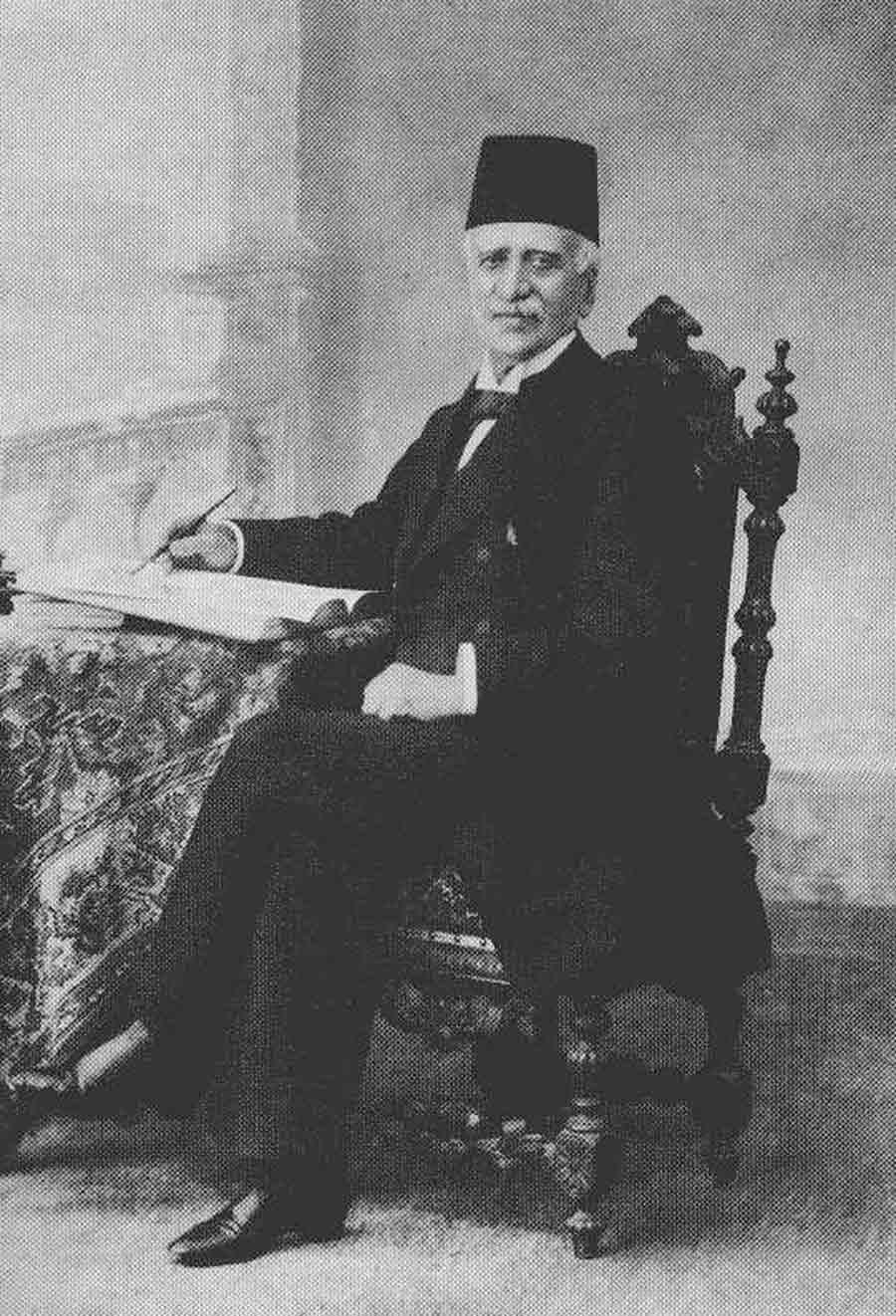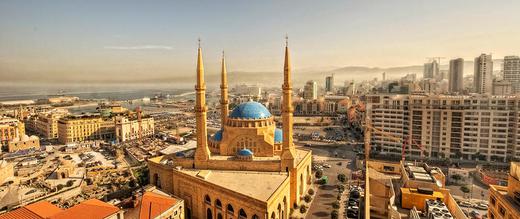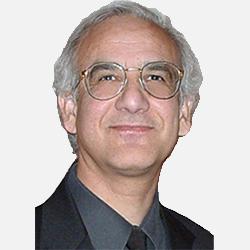The views expressed in our content reflect individual perspectives and do not represent the official views of the Baha'i Faith.
It is difficult to translate the title of Abdu’l-Baha’s The Secret of Divine Civilization in any language, because of the subtle and beautiful play on words in the title.
The literal translation of Abdu’l-Baha’s text is “The Divine Secrets concerning the causes of civilization,” but this translation is not adequate. The Persian term “Qaybiyya,” translated as “Divine,” has in fact a double meaning masterfully used by Abdu’l-Baha.

Mirza Malkam Khan
The first meaning of the term Qaybiyya refers to the anonymity of the author of the text. In 19th century Iranian literature, many authors wrote works of social and political criticism anonymously without revealing their identities. The author of the text remained invisible. For instance the first and the most famous book calling for reform of the Iranian government was written in 1858 by the Iranian secular intellectual Malkum Khan, who called his book Kitabchiy-i-Qaybiyyah, meaning the anonymous booklet.
However, the term Qaybiyya, which literally means invisible, implies a second meaning as well, referring to the realm of the invisible divine reality. For Malkum Khan the term Qaybiyya implied only anonymity. Abdu’l-Baha, however, was not just an ordinary intellectual. His vision was inspired by the revelation of his father Baha’u’llah, the prophet and founder of the Baha’i Faith, and therefore his text was inspired by divine guidance. Now we can see the double meaning of the term Qaybiyya in the title of the book. On the one hand, Abdu’l-Baha does not reveal his identity in the text, and on the other hand he does reveal it by emphasizing the divine source of his inspiration. The English common translation of the text—The Secret of Divine Civilization—nicely approximates the original complex title of the work.
In the early pages of The Secret, Abdu’l-Baha explains the reasons for both writing the book and the anonymity of the author. Abdu’l-Baha addresses the book to the king, the people, the clergy, the government officials and secular intellectuals of Iran. In The Secret he tries to move all segments of Iranian society towards a new vision of modernity, institutional reform, and sociocultural rationalization. He argues that he writes the book because the king of Iran (Nasiri’d-Din Shah) has recently expressed interest in the social and political modernization of Iranian society.
Abdu’l-Baha points out that his previous silence on the issue had been due to the fact that the king had not been seriously concerned with the development and progress of Iran. Now that the king has defended the policy of cultural reform and rationalization, Abdu’l-Baha argues, it is his moral duty to discuss the question of advancement and development of Iran. He writes:
Not until now had we seen a monarch, holding in his capable hands the reigns of affairs, and on whose high resolve the welfare of all his subjects depends, exerting as it would befit him, like a benevolent father, his efforts towards the training and cultivation of his people, seeking to insure their well-being and peace of mind, and exhibiting due concern for their interests; this servant and those like him have therefore remained silent. Now, however, it is clear to the discerning that the Shah has of his own accord determined to establish a just government and to secure the progress of all his subjects. His honorable intention has consequently evoked this present statement. – Abdu’l-Baha, The Secret of Divine Civilization, p. 11.
Explaining the anonymous character of his book, Abdu’l-Baha wrote:
As is clear to the discerning, the writer has for this reason felt it necessary to put down, for the sake of God alone and as a tribute to this high endeavour, a brief statement on certain urgent questions. To demonstrate that his one purpose is to promote the general welfare, he has withheld his name. Since he believes that guidance towards righteousness is in itself a righteous act, he offers these few words of counsel to his countries sons, words spoken for God’s sake alone and in the spirit of a faithful friend. Our Lord, Who knows all things, bears witness that this servant seeks nothing but what is right and good; for he, a wanderer in the desert of God’s love, has come into a realm where the hand of denial or assent, of praise or blame, can touch him not. – Ibid., pp. 5-6.
Reading this statement, you can see a subtle reference to the fact that Abdu’l-Baha was an Iranian in exile, who continued to care about Iranians and whose message was inspired by spiritual values and not by political interests.
Although in its Persian edition there is no apparent division of The Secret into different chapters, Abdu’l-Baha’s book can be divided into five main chapters. In his introductory section, Abdu’l-Baha contrasts the past glory of Iran with its current state of backwardness, and calls for institutional and cultural rationalization and modernization across all dimensions of Iranian society, and by extension other Muslim societies as well.
After emphasizing the need for socioeconomic rationalization, Abdu’l-Baha concludes the first chapter by listing the four prevalent objections against reform and modernization. He writes:
Some say that these are newfangled methods and foreign isms, quite unrelated to the present needs and the time-honored customs of Persia. Others … tell … that these modern methods are the practices of heathen peoples, and are contrary to the venerated canons of true Faith… One group insists that such reforms should go forward with great deliberation, step by step, haste being inadmissible. Another maintains that only such measures should be adopted as the Persians themselves devise … Every faction, in short, follows its own particular illusion. – Ibid., p. 12.

















Comments
Sign in or create an account
Continue with Facebookor